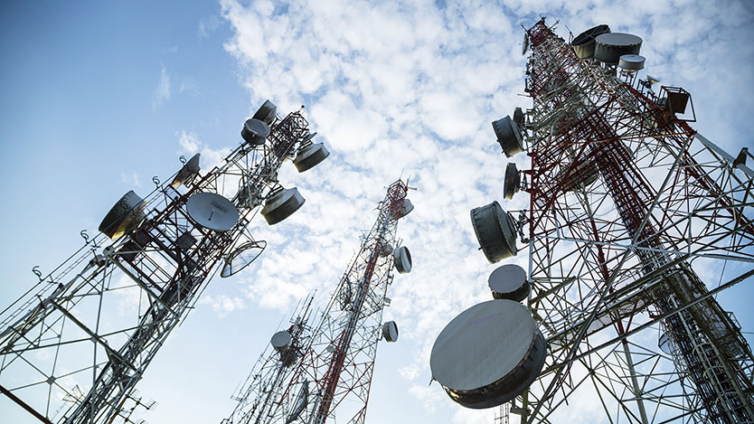The sixth edition of the Sub Sahara Spectrum Management Conference kicked off this week with regulators, experts, and other industry players looking for the African common stand on spectrum management.
As more and more of the African continent comes online, spectrum management will be critical to ensuring consistent, affordable, and equitable internet access. Across the region, approximately 800-million people are not connected to the mobile internet.
Of those, some 520-million can access the mobile internet but don’t, because of factors such as smartphone penetration and lack of skills while 270-million cannot access the mobile internet because they don’t have the requisite coverage. Across the region, less than half of the population is covered by 4G mobile broadband.
Achieving consensus on spectrum management will play a major role in addressing those shortfalls.
“We live in a time when we talk about digital as a default, about the digital transformation of our societies and economies, and the need for a fully connected society,” says Mario Maniewicz, Director of ITU's Radiocommunication Bureau.
“If this is to become a reality, broadband connectivity needs to be made accessible to all, even in the most remote areas.”
“Society’s increasing need for radio-based technologies and the tremendous opportunities for social development that these technologies provide have elevated the importance of the radio frequency spectrum and of national spectrum management,” he adds.
John Omo, Secretary General, African Telecommunications Union (ATU), echoes these needs, emphasising the need for collaboration and the ability to come up with common solutions.
The events of the past 18 months, he says, have only made that need more urgent.
“COVID-19 has kept people apart from each other, but spectrum on mobile networks have built bridges and kept us together,” he says.
“Whether we succeed in our quest to further bridge the digital divide and address other challenges is pinned on our dedication to duty and the extent to which we want to go in using spectrum to address these challenges.”
He also points out that bringing the 1.1-billion Africans who need to be brought more online will require “exceptional and coordinated efforts from government, from the private sector, from development partners, and civil society.”
This is echoed by Samuel Chen, Vice President for Huawei Southern Africa region.
“Radio Spectrum plays an important role in increasing Africa's broadband penetration and throughput. African countries can allocate more spectrum to operators to accelerate the deployment of wireless broadband networks and increase people’s access to wireless broadband and data services at affordable prices, this will, in turn, promote the development of Africa's digital economy," said Chen.
Among the other issues that the conference will address are the importance of the 700Mhz-800Mhz frequency bands for widespread coverage, and the need to address the skills gap when it comes to installing the technologies that will enable the widespread adoption of the spectrum.
Latest Stories
-
Perez Musik celebrates marriage with breathtaking photos
13 mins -
I am not ready to sign any artiste to my record label – Kuami Eugene
39 mins -
Gov’t spokesperson on governance & security calls for probe into ballot paper errors
43 mins -
Free dialysis treatment to be available in 40 facilities from December 1 – NHIA CEO
56 mins -
NHIA will need GHC57 million annually to fund free dialysis treatment – NHIA CEO
1 hour -
MELPWU signs first-ever Collective Agreement with government
1 hour -
I’ve not been evicted from my home – Tema Central MP refutes ‘unfounded’ reports
1 hour -
After Free SHS, what next? – Alan quizzes and pledges review to empower graduates
2 hours -
Wontumi FM’s Oheneba Asiedu granted bail
2 hours -
Alan promises to amend the Constitution to limit presidential powers
3 hours -
Ghana to face liquidity pressures in 2025, 2026 despite restructuring most of its debt – Fitch
3 hours -
NPP’s record of delivering on promises is unmatched – Bawumia
3 hours -
Mahama: It’s time to dismiss the incompetent NPP government
3 hours -
‘It’s extremely embarrassing’ – Ernest Thompson on Ghana’s AFCON failure
3 hours -
Today’s front pages: Monday, November 25, 2024
3 hours

